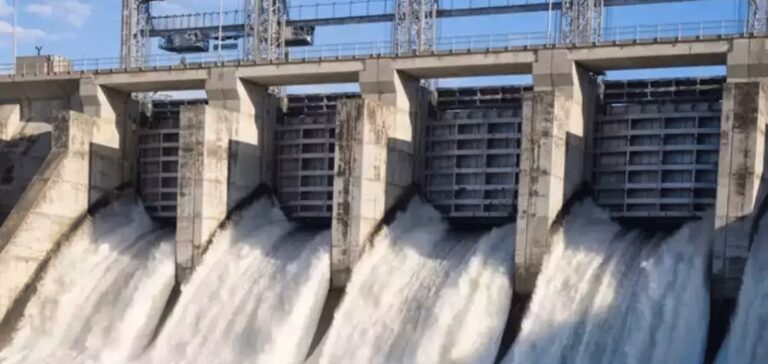Arunachal Pradesh has unveiled an ambitious plan to develop 35 small hydropower projects, with a combined installed capacity of 570.75 megawatts (MW). These initiatives are expected to attract a total investment estimated at ₹7,000 crores and generate around 7,500 local jobs.
Government commitment to energy self-sufficiency
In a recent meeting with hydropower project developers, Deputy Chief Minister Chowna Mein, who also holds the portfolio for Energy and Hydropower, reaffirmed the government’s commitment to supporting these projects. He emphasized that these initiatives align with the Atmanirbhar Arunachal (self-reliant Arunachal) goals and India’s carbon neutrality ambitions, as envisioned by Prime Minister Narendra Modi.
Call for acceleration of project implementation
Chowna Mein urged developers to expedite the implementation of the projects to ensure their timely commissioning. He assured that the government would provide full support to overcome challenges and address local issues through close collaboration with the communities involved.
Economic and energy benefits
Sonam Chombay, the Hydropower Commissioner, noted that once completed, these projects are expected to generate annual revenues of ₹58.25 crores for the state in the form of free electricity. Two projects have already been commissioned on schedule: the Dikshi HEP (24 MW) project developed by M/s Devi Energies Pvt Ltd in the West Kameng district, and the Khangtang HEP (7.5 MW) project by M/s Raajratna Energy Holdings Pvt Ltd in the Tawang district.
A strategic move for India
India has always adopted a strategic approach with its northeastern states, particularly Arunachal Pradesh, which is a key region bordering China. By developing energy infrastructure, New Delhi also aims to strengthen its presence in the area and reduce dependence on electricity imports or fossil fuels.
The announced investments and job creation are secondary factors. The real question is how these projects will be financed and whether the timelines will be met.






















